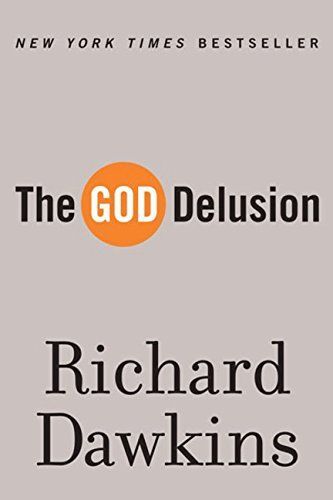
The God Delusion
'Timely, impassioned and brilliantly argued' Rod Liddle, Sunday Times 'A spirited and exhilarating read' Joan Bakewell, Guardian Dawkins attacks God in all his forms. He eviscerates the major arguments for religion and demonstrates the supreme improbability of a supreme being. He shows how religion fuels war, foments bigotry and abuses children. The God Delusion is a brilliantly argued, fascinating polemic that will be required reading for anyone interested in this most emotional and important subject.
Reviews
anjali@anjalislibrary
Jazz@jbud24
Mia Caven@miacaven
Michael Springer@djinn-n-juice
Gavin@gl
Lord Aragorn@lordaragorn
Ahmed Salem@salem309
Nelson Zagalo@nzagalo
Diogo Nunes@dialex
Amrith Harijayanthan@amrith
Amir M @amyr
Sabetha Danes@caffeinatedbibliotherapy
Jeni Enjaian@jenienjaian
Lance Willett@lancewillett
Shantesh Patil@shantesh
Kailah@nsjsnsnsjaak
Romulo Yami@rayoyami
Luigi Mozzillo@mzll
Devansh Patil@devansh
kai@kaybaee19
Brishti Basu@brish_ti
Helen Bright@lemonista
lala@polijus
Megan Gardner@mmgardner